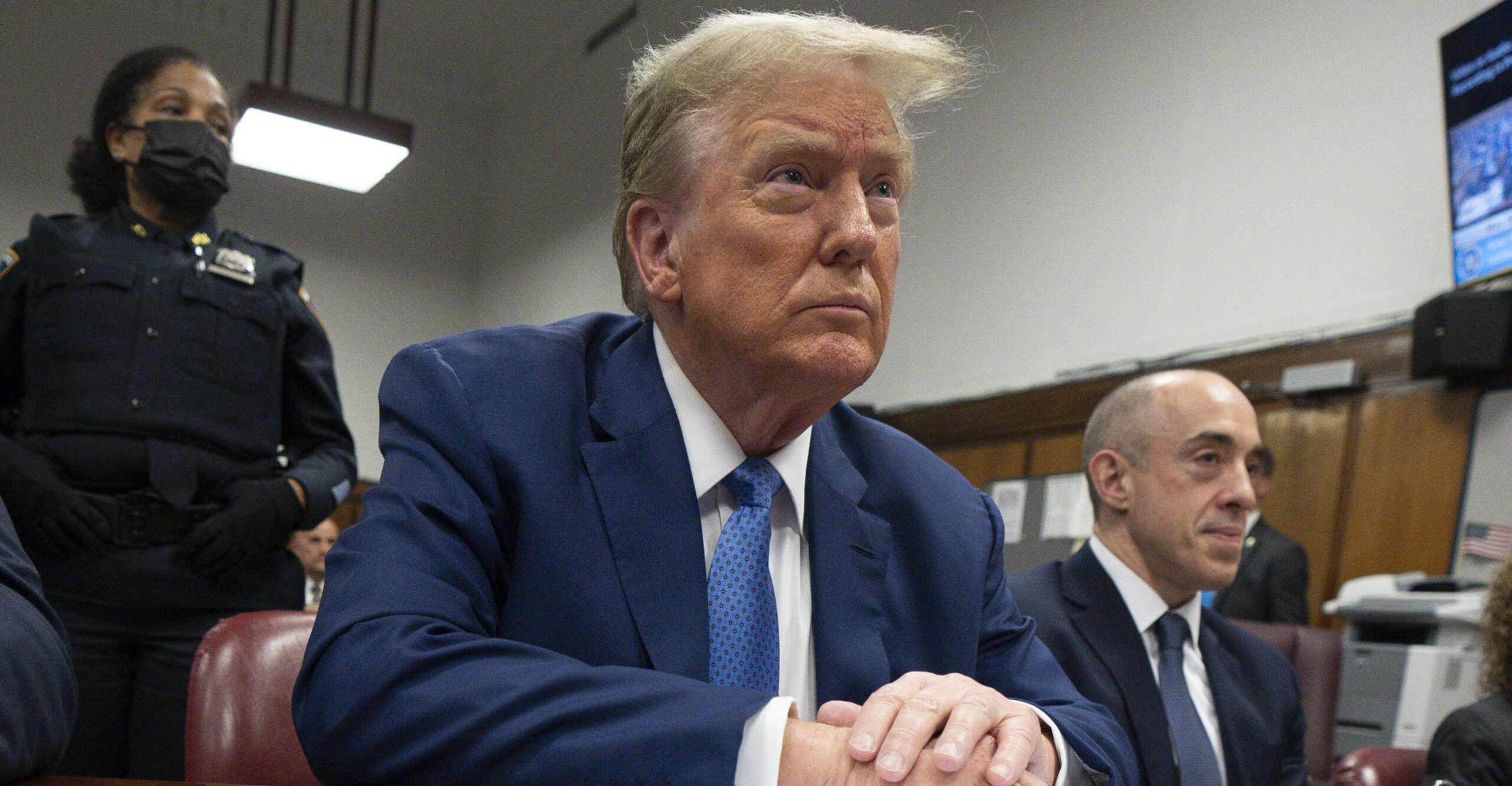


The Supreme Court ruled 6-3 in Donald Trump’s immunity case.
“Under our constitutional structure of separated powers, the nature of presidential power entitles a former president to absolute immunity from criminal prosecution for actions within his conclusive and preclusive constitutional authority,” Chief Justice John Roberts ruled. “And he is entitled to at least presumptive immunity from prosecution for all his official acts. There is no immunity for unofficial acts.”
The ruling, issued Monday, involves the federal prosecution of Trump for challenging the outcome of the 2020 presidential election, but it also could affect a case in Fulton County, Georgia, in which Trump faces charges of conspiracy to overturn the results of the race in the state.
Trump’s lawyers argued that the 45th president—and any president—has absolute immunity from prosecution for official acts pertaining to his office. In this case, Trump’s attorneys contended that he was acting in his official capacity as president—not simply as a candidate—in fighting what he believed was a dishonest election.
The ruling complicates special counsel Jack Smith’s prosecution of Trump centered on the Capitol riot of Jan. 6, 2021, as well as the Fulton County case against Trump for challenging the election outcome in Georgia.
The high court’s ruling also comes amid Trump’s trial in New York over “hush money” paid to former porn actress Stormy Daniels and a second federal case in Florida, run by Smith, over the former president’s possession of classified documents after leaving office.
Across four separate indictments, Trump faced a total of 91 state and federal charges.
Trump’s attorneys argued that the only exception from presidential immunity would be if Trump were impeached and removed from office, in which case he then could be charged with the offense in a separate criminal case.
That’s because what is known as the Constitution’s impeachment judgment clause stipulates that a president “convicted” by the Senate in an impeachment trial is “subject to Indictment, Trial, Judgment, and Punishment, according to Law.” Although the House impeached Trump a second time shortly before he left office in 2021, the Senate acquitted Trump in a trial after he left office.
During questioning, Justice Amy Coney Barrett had suggested that the solution might warrant a legal test to set parameters for what is a private and what is an official act.
In oral arguments April 25 before the nine justices, Michael Dreeben argued the case on behalf of Smith, the government’s special counsel, while lawyer John Sauer argued on behalf of Trump.
Sauer argued that “there can be no presidency as we know it” without immunity, since presidents would be reluctant to carry out their duties for fear of prosecution by a subsequent administration.
The immunity is based on the Constitution’s executive vesting clause and the corresponding principle of separation of powers, he said.
The Justice Department, which appointed Smith as special counsel, argues that a president isn’t entitled to immunity from prosecution even for official actions. During oral arguments, however, Dreeben qualified the argument by saying presidents have some “special protection” and could raise it as a defense if prosecuted.
The Supreme Court ruled in its 1982 Nixon v. Fitzgerald decision that presidents have absolute immunity in civil cases for official actions taken as president.
In February, a three-judge panel of the U.S. Court of Appeals for the District of Columbia rejected Trump’s immunity claim.
Separately, the high court is considering a case involving defendants charged in the Jan. 6 Capitol riot. At issue is whether a federal statute used to prosecute them may be used under a broad reading or instead was designed to cover narrower acts.
